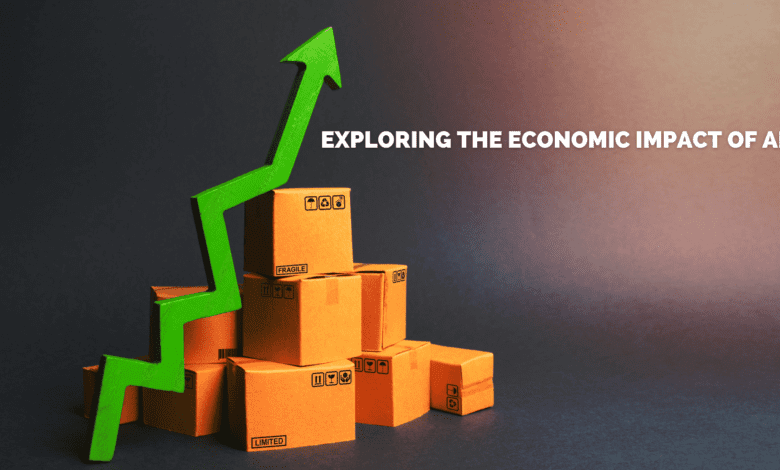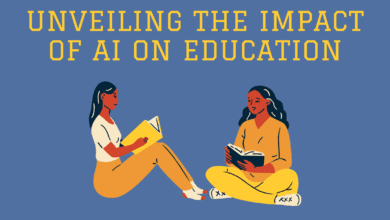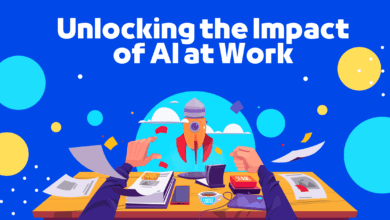Exploring the Economic Impact of AI

Exploring the Economic Impact of AI
Hey there, folks! Today, we’re diving deep into the realm of artificial intelligence (AI) and its profound influence on our economy. From revolutionizing industries to reshaping job markets, AI has sparked a whirlwind of change, leaving no aspect of our economy untouched. Let’s unpack the economic impact of AI and explore how it’s shaping the world around us.
1. Driving Innovation and Growth
AI is a powerhouse when it comes to driving innovation and fueling economic growth. By automating repetitive tasks, streamlining processes, and unlocking valuable insights from vast amounts of data, AI empowers businesses to operate more efficiently and competitively. From predictive analytics to personalized recommendations, AI-powered technologies are revolutionizing industries across the board, from healthcare and finance to manufacturing and retail.
2. Transforming Industries and Job Markets
While AI holds tremendous promise for boosting productivity and efficiency, its widespread adoption also raises concerns about its impact on jobs. Indeed, AI has the potential to automate routine tasks, leading to job displacement in some sectors. However, it’s essential to recognize that AI also creates new opportunities and jobs, particularly in the fields of data science, machine learning, and AI development. As industries evolve and adapt to AI technologies, workers must acquire new skills and expertise to thrive in the digital economy.
You might like: Unlocking the Impact of AI at Work
3. Fostering a Culture of Innovation and Entrepreneurship
In addition to its direct economic impact, AI fosters a culture of innovation and entrepreneurship. Startups and established companies alike are leveraging AI to develop groundbreaking products and services that address pressing societal challenges and meet evolving consumer demands. From autonomous vehicles and virtual assistants to advanced medical diagnostics, AI-powered innovations are reshaping our world and driving economic progress.
4. Addressing Ethical and Societal Implications
As we harness the power of AI to drive economic growth, it’s crucial to address the ethical and societal implications of its deployment. From concerns about algorithmic bias and data privacy to questions surrounding job displacement and income inequality, policymakers, businesses, and society as a whole must work together to ensure that AI is deployed responsibly and ethically. By prioritizing transparency, accountability, and inclusivity, we can harness the full potential of AI while mitigating its potential risks.
5. Conclusion: Embracing the Future of AI
In conclusion, the economic impact of AI is profound and far-reaching, touching every aspect of our economy and society. As we navigate the opportunities and challenges presented by AI, it’s essential to embrace innovation, foster collaboration, and prioritize ethical considerations. By harnessing the transformative power of AI responsibly, we can build a brighter and more prosperous future for all.
So, there you have it – a glimpse into the economic impact of AI and the exciting possibilities it holds for the future. Let’s continue to explore, innovate, and shape a world where AI benefits us all. Until next time, stay curious!



